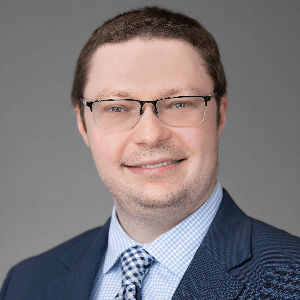Abstract:
Coronavirus disease 2019 (COVID-19), a respiratory illness caused by betacoronavirus SARS-CoV-2, has broad clinical presentations ranging from asymptomatic to fatal outcomes. Studies have demonstrated that patients with severe symptoms, and uncontrolled inflammatory state have poor prognoses. Cancer patients, due to their immunocompromised status, are at an increased risk of severe SARS-CoV-2 infection. Given the diverse clinical presentations, we developed a model to explain SARS-CoV-2’s pathogenesis and interplay with cancer. Since SARS-CoV-2 causes multi-organ dysfunction through IL-6-mediated inflammation and hypoxia, while malignancy causes apoptosis through hypoxia-induced cellular metabolic alterations, we propose a mechanism by which both conditions resulted in IL-6 upregulation causing increased cytokine release and systemic injury with clinical support.
In this model, infection with SARS-CoV-2 and malignancy results in increased IL-6 production leading to enhanced systemic injury as compared to either alone. Currently, there are limited effective therapeutic interventions against severe SARS-CoV-2. Due to its complex nature, we propose the use of combination therapies that can control the systemic inflammation induced by this condition, while halting viral replication. One approach is the use of a stem cell therapy that has yielded promising efficacy in COVID-19 patients with severe disease. This therapy, mesenchymal stem cells, possesses regenerative, antiviral and immunomodulatory properties that can inhibit viral replication, while dampening the cytokine response with resulting systemic inflammation and injury. Clinically, it has demonstrated over a 90% overall survival and 100% survival in patients younger than 85 years old within a month after treatment with results holding steady for 6 months. Thus, cancer patients can quickly contain SARS-CoV-2 with limited interruptions to their treatment schedule.
Looking forward, we foresee further follow-up studies on this therapy, including in combination with others, that can target disease pathogenesis at multiple steps within the pathway to hinder direct viral injury, suppress IL-6 release, and dampen systemic inflammation that can better thwart the virus’s heterogeneity and mutational adaptations.




